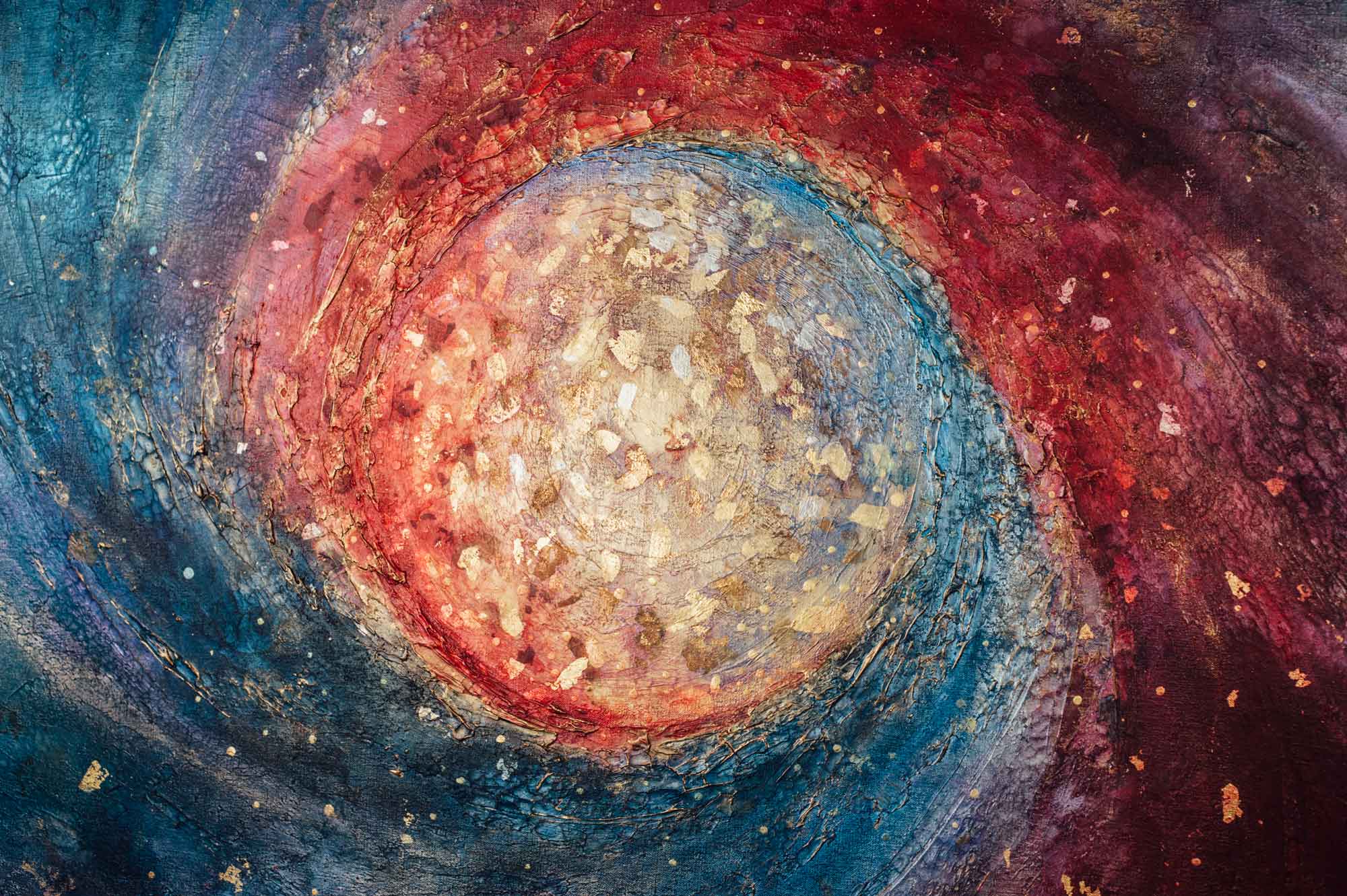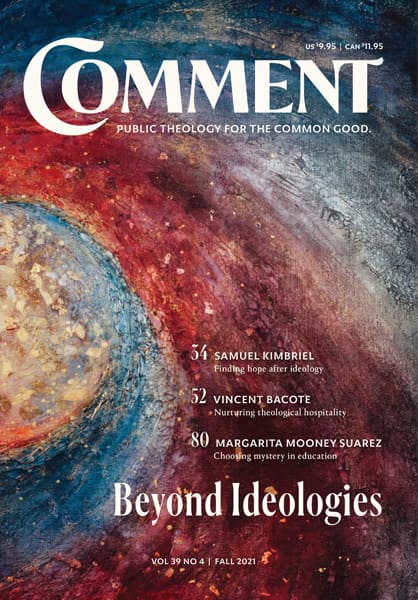How well I remember my introduction to ideological cancer. Wide-eyed at twenty-two, I’d secured a job working as a research assistant at a conservative think tank for a foreign policy program founded by a former US senator. The program team was meeting for the first time, and in the course of small talk, the topic of cars came up, specifically, what was then the novel Toyota Prius. The senator turned to me.
“So you’re the young one here. What do you make of the popularity of this hybrid vehicle?”
I blinked. This didn’t seem that hard. “I think people are keen to try a car that saves on gas and is better for the environment,” I answered, relieved something coherent had pierced through first-day nerves.
He looked surprised, pausing. “Please don’t tell me you’re one of them.”
I could find no twinkle in his eye. Such a response—baffling to me at the time—would prove to be a cultural harbinger. An innocent hypothesis pointing to taste and generational prudence had somehow anointed me with Green oil, a forbidden substance disturbing the placidity of right-of-center orthodoxy.
Fourteen years later, and this sort of tribal hermeneutic abounds. From vaccines to pronouns, what kind of coffee we prefer to whether we display the country flag, we are swimming in bizarrely banal signalling mechanisms that mark friend from foe. The litmus trolls guarding the moat between “us” and “them” are greedy and ever-menacing, their hunger for a totalist culture making each of us more fearful and incurious, dull and disturbingly uncreative.
How did we get here? And is there a way out?
Christian Disappointment
I used to think that a strong Christian formation would produce a powerful foil to these currents. Surely, I thought, incandescent statements like “I Am that I Am” and “I am the way, the truth, and the life” offer a reservoir of personalist priors that can easily outmanoeuvre the preferred abstractions suffocating a given age. A life changed and refashioned by One whose life, death, and resurrection fulfilled the ancient law simply could not be tempted by the weeding instincts of a Pharisaical heart, right?
But I had been naïve to how much discipleship had been sacrificed at the altar of syncretic narratives of nation and success, and I had not yet come to appreciate that we are fundamentally tribal creatures. Instead of reading Confessions and Christ and Culture, Letters from a Birmingham Jail and 1 and 2 Peter, we had slipped into becoming a nation where a surprising majority checked off the “Christian” box at the voting booth after sitting submissively before their television screens and drinking in Your Best Life Now. Instead of cultivating an appetite to learn from others, we gorged on spiritual junk food that told us we were already right.
I had missed the signs of a despairing people.

Fatal Attractions
I take a decidedly exasperated position on ideology mostly because I see how frequently its perceived power is straitjacketing good-faith institutional efforts to make progress on serving the commons as it actually is, not as some blinkered explanation of history says it should be. We’re behaving like we have the skills to construct the world according to our preferred theory, forgetting that we’re not the French.
There are too many important local organizations—schools, community health-care co-ops, police forces, churches—that desire to make real progress in serving disadvantaged neighborhoods, in building diverse yet morally coherent communities, in reknitting their piece of the social fabric, that nonetheless feel stymied by the “should” messages they’re hearing from untested twenty-three-year-olds and the vapid slogans bloating the conference circuit. A principal of an urban classical school can’t implement a hiring policy that seeks to diversify his faculty without being labelled a Marxist by his funders. White staffers of increasing numbers of humanitarian aid organizations are being blocked from serving the destitute as they’re carted off to “retreats” to first unlearn their privilege. Humanities professors who have given their lives to accompanying young people through the great questions of life are having to cower under threat of being labelled colonialists.
It’s time to treat today’s tribal pressures like the false friends they are. When it comes to renewing the world, the perfect should never be the enemy of the good. Yes, we should keep searching for coherence, and yes, we should want to build communities of integrity. After all, it is God’s image in us that makes us hungry for patterns to explain the chaotic and complex. But totalism? Purity based on anything other than our unfinished allegiance to Jesus Christ, and the living, ever-surprising dialogue that follows from that is not purity. It is idolatry.
We must take more care.
Groping Toward a New Day
This issue was conceived to encourage you, our readers, many of whom are labouring in the trenches of these wars, to reimagine with us a new stream that cuts a little closer to the canon of Christian social thought—a canon that has always been ideologically heterodox, personalist, and alive. We are all being besieged by the confusing cross-signals of a generation obsessed with rights and the offence of power. But historically this kind of combustion can wind up birthing a phoenix of revitalized social vision. This issue attempts to forecast that potential, by reminding us that we don’t actually exist in a flat world of politics and politics alone, that reality in all its contradiction and risk is far richer, and that the Holy Spirit is still operating in the world, with prayer as our window and our leash.





